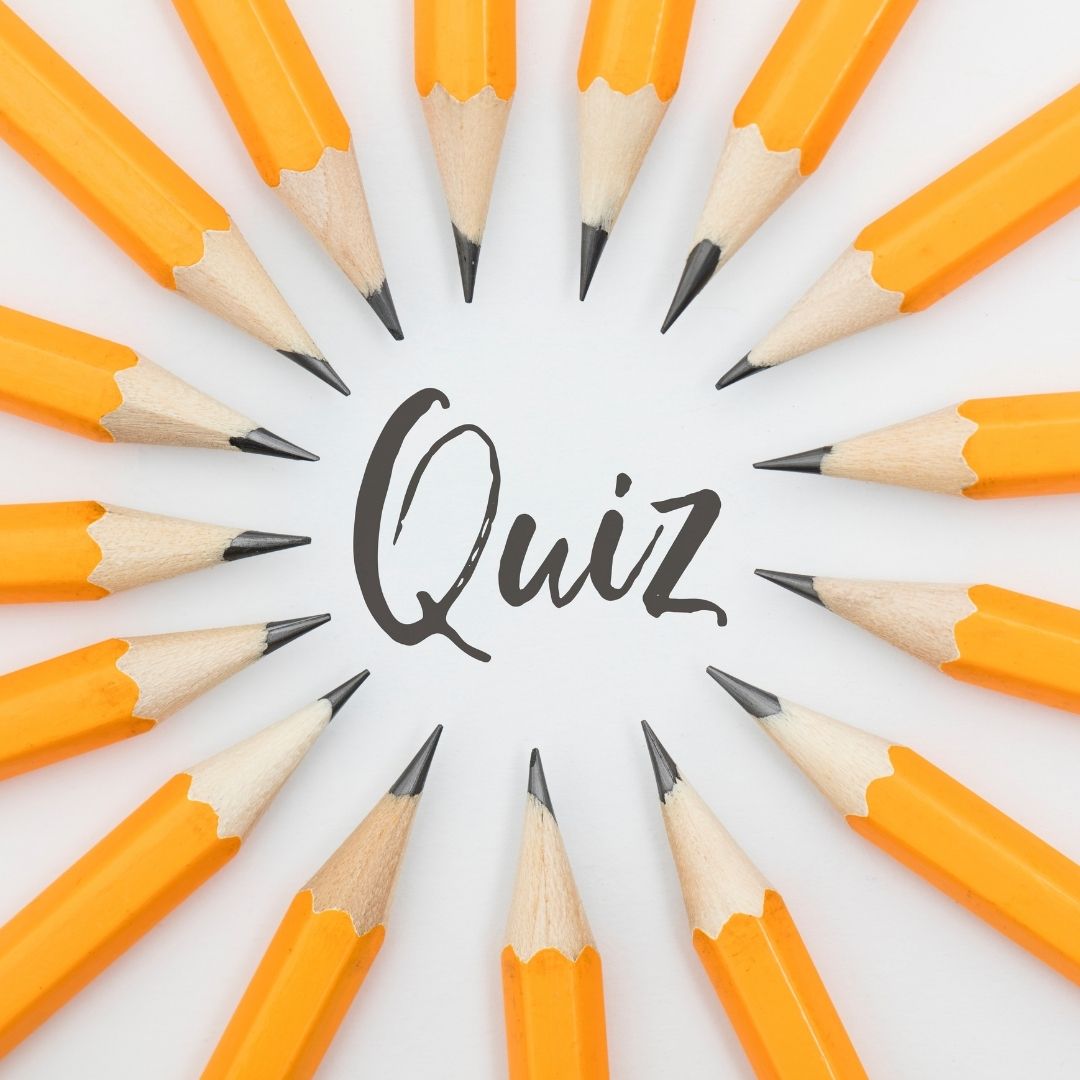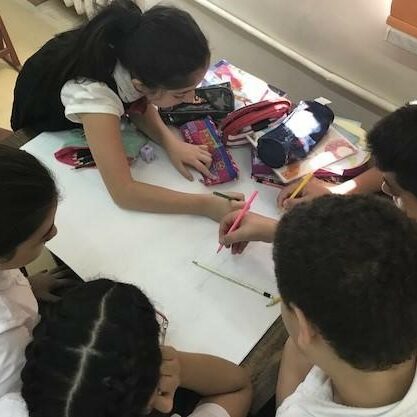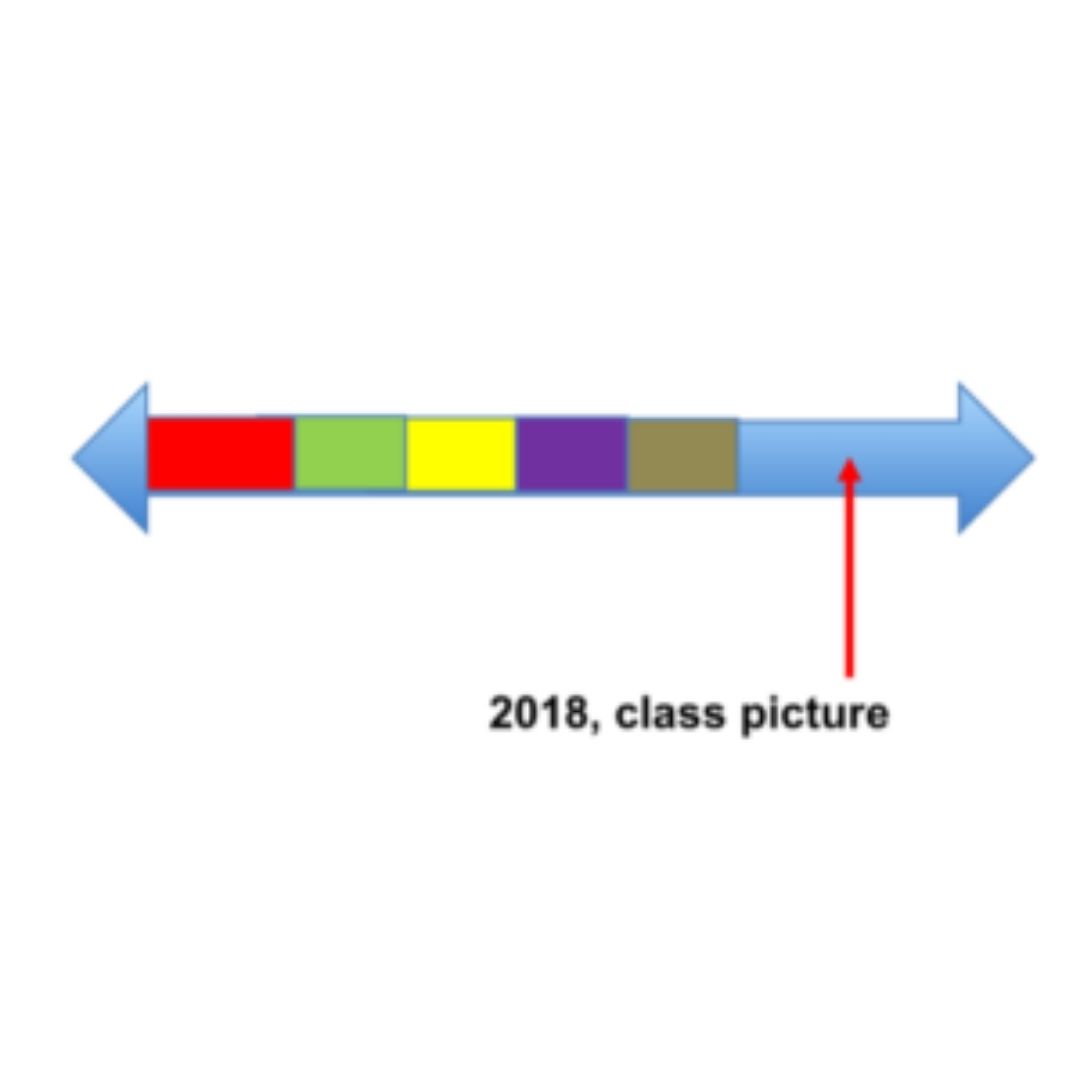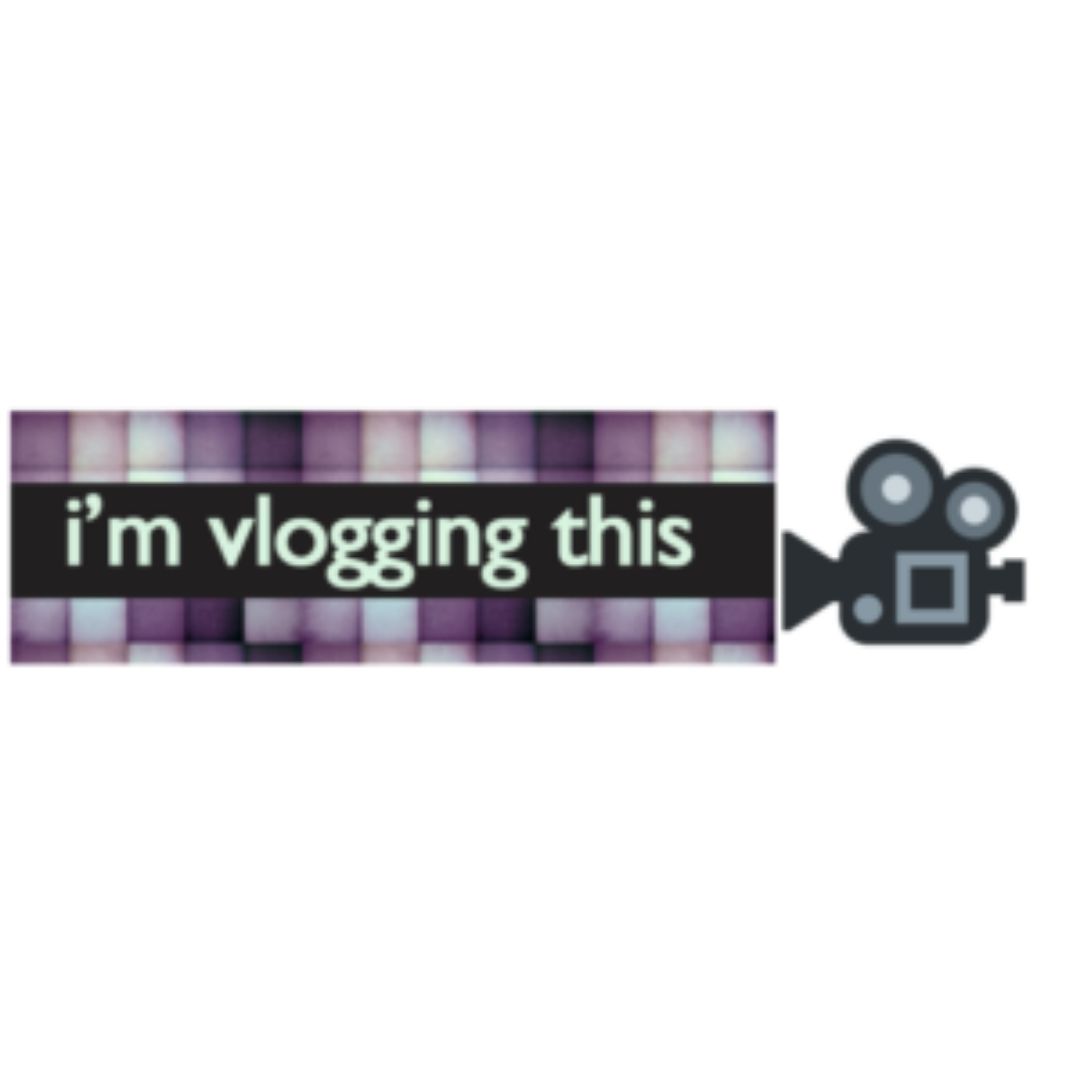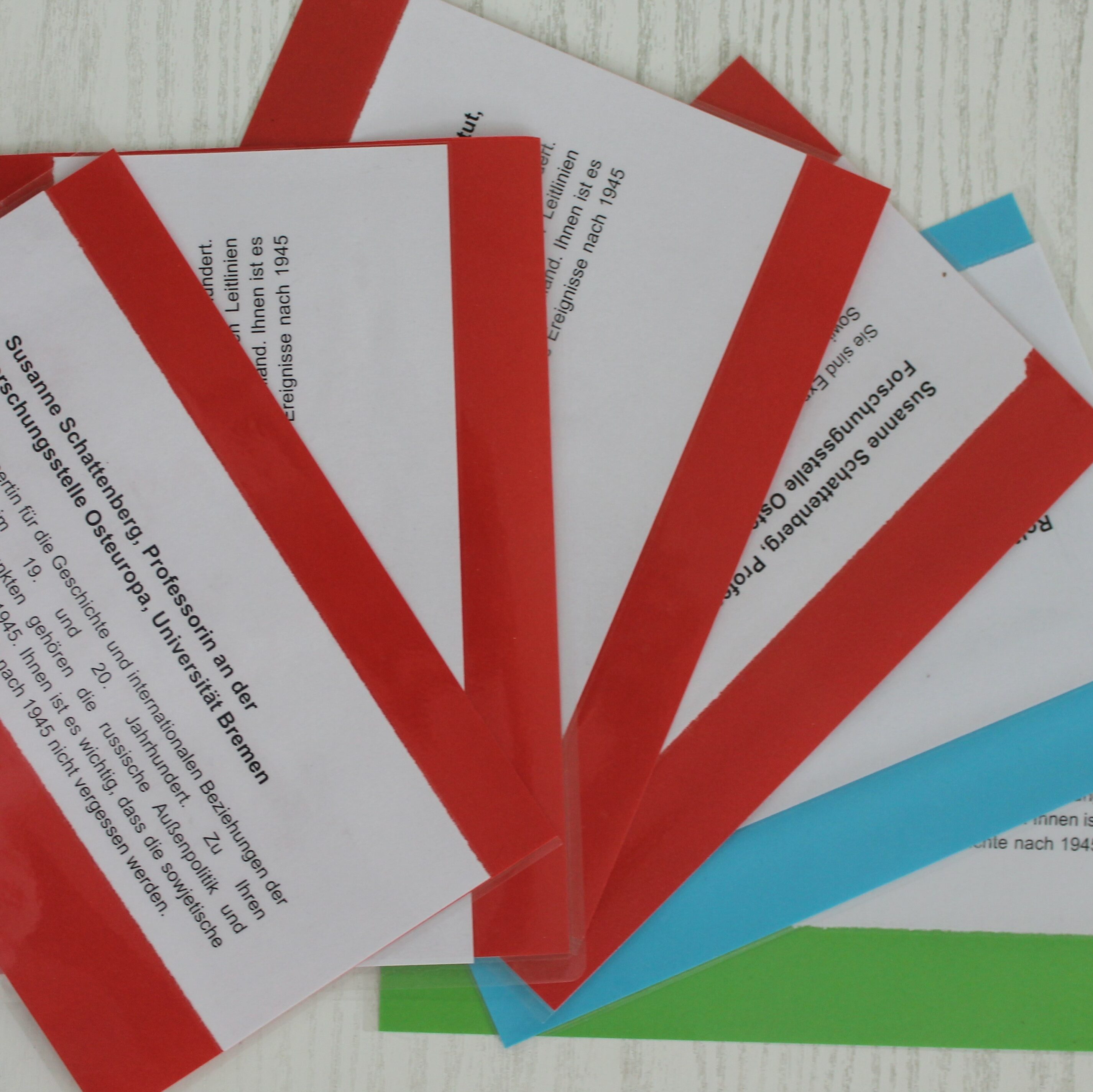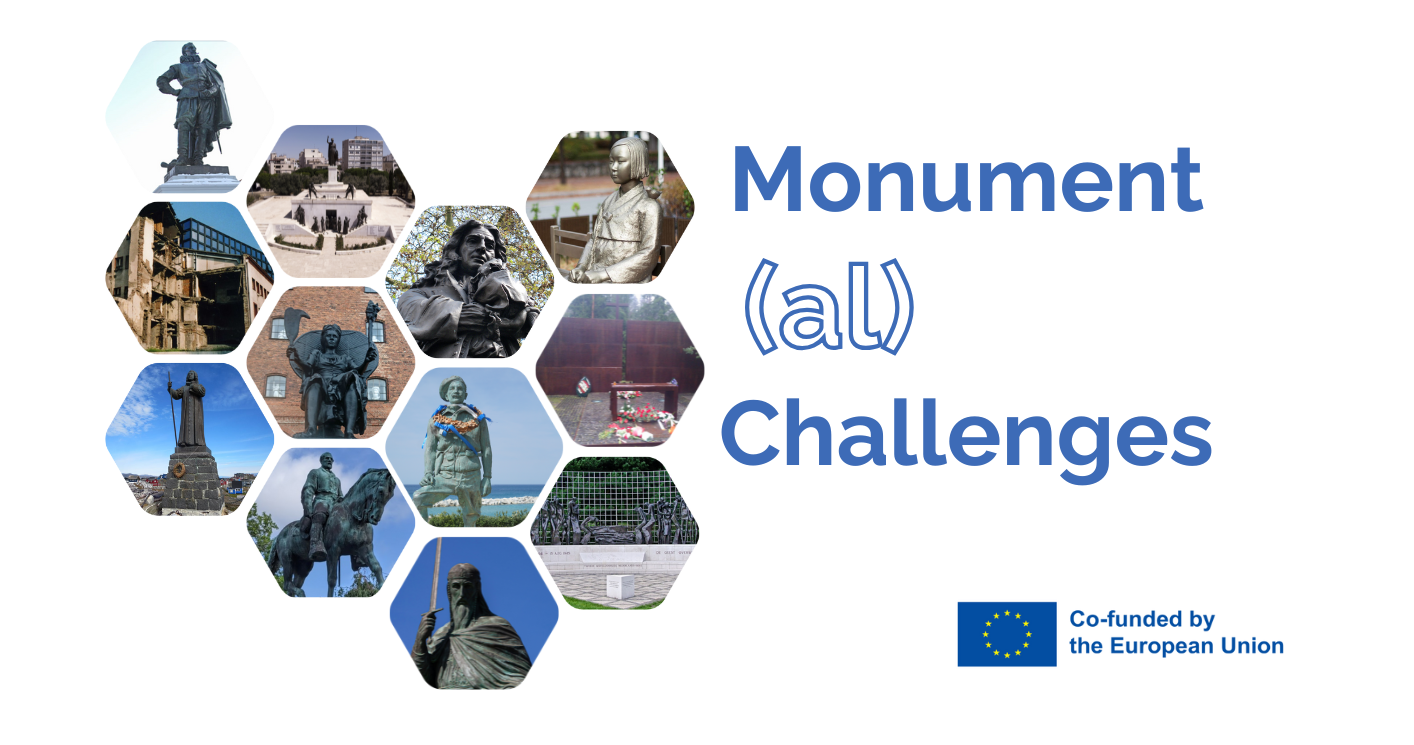
School classrooms across Europe are continuing to become more and more diverse. At the same time, controversies over contested historical legacies in public spaces worldwide have increasingly led to contestations over cultural heritage and conflicts over the interpretation of national histories. Monument(al) Challenges, collaboratively implemented with the Contested Histories Initiative and funded by the European Union, aims to respond to some of the challenges educators across Europe face in teaching history. Specifically, we strive to address teachers’ requirements for resources and training materials that equip them with the skills to discuss sensitive and complex histories, including colonialism and slavery, in their classrooms.
Following the project’s main objective of empowering and equipping educators to teach about contested histories through place-based learning, the educational materials explore and suggest innovative pedagogies that educators can further develop and adapt. This toolkit has been designed to provide educators in formal and non-formal settings with resources and suggested guidelines to help meet their needs when teaching and learning about contested histories.
The toolkit will be soon translated and available in different languages.
Funded by the European Union. Views and opinions expressed are however those of the author(s) only and do not necessarily reflect those of the European Union or the European Education and Culture Executive Agency (EACEA). Neither the European Union nor EACEA can be held responsible for them.

